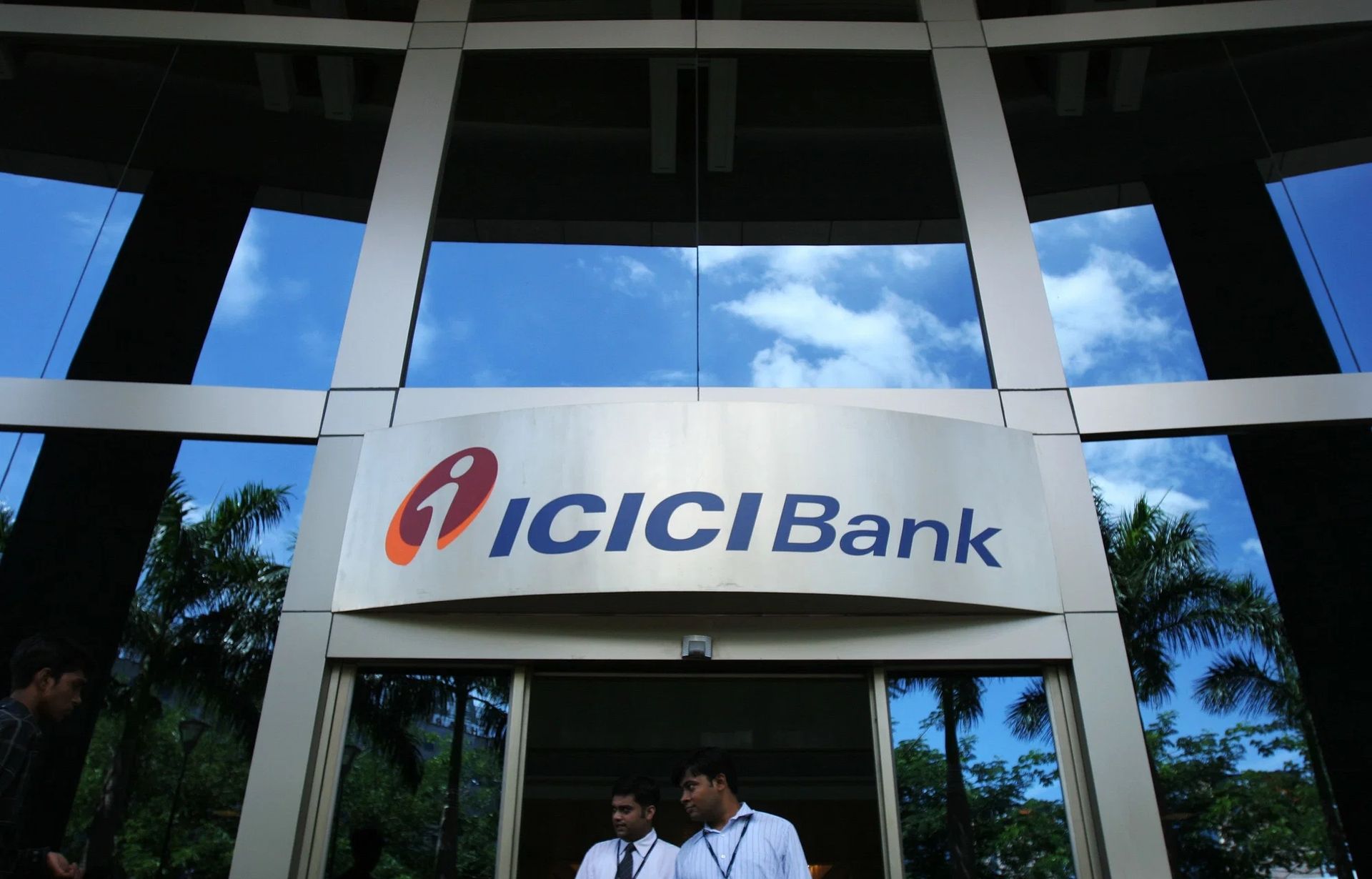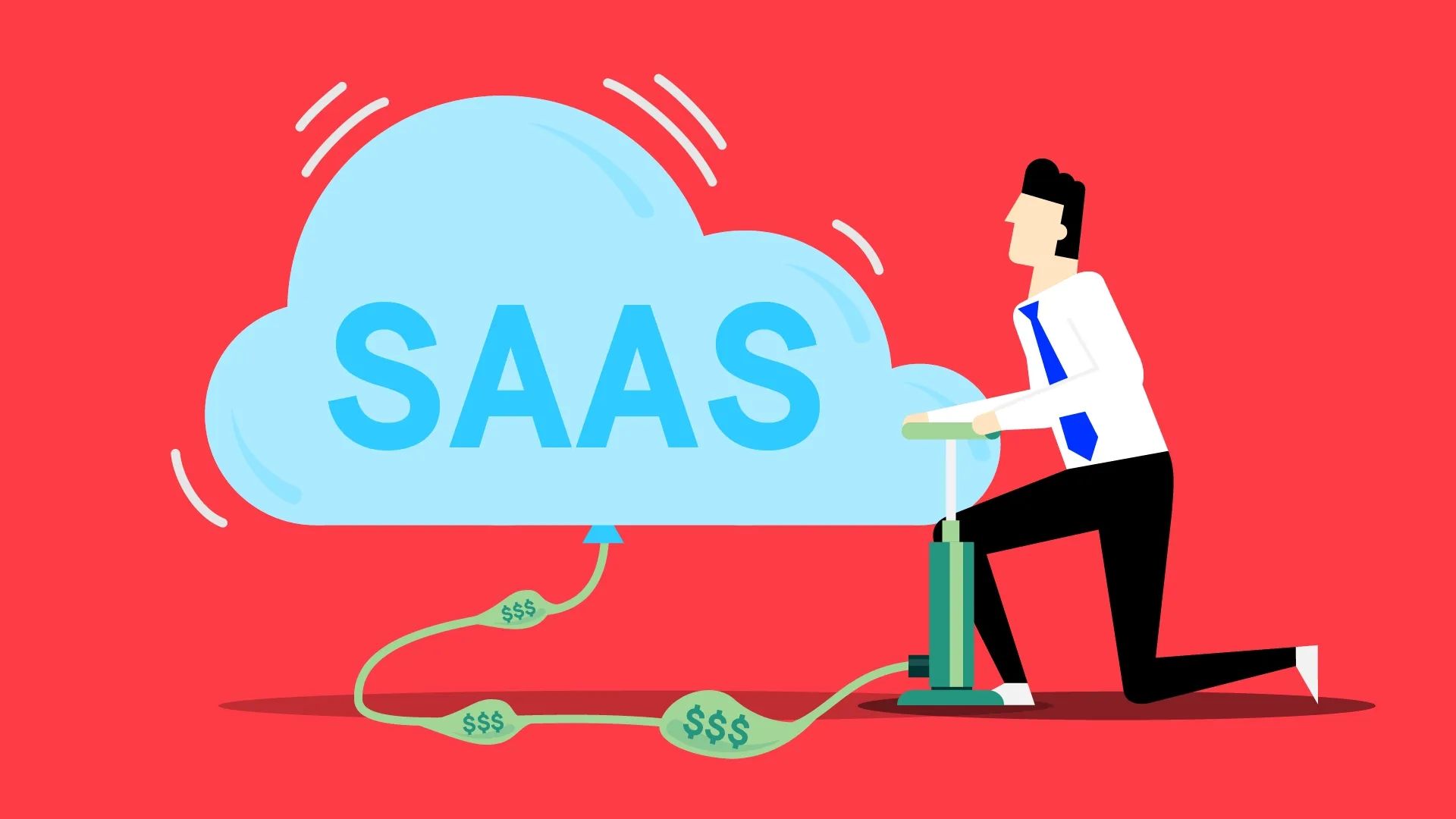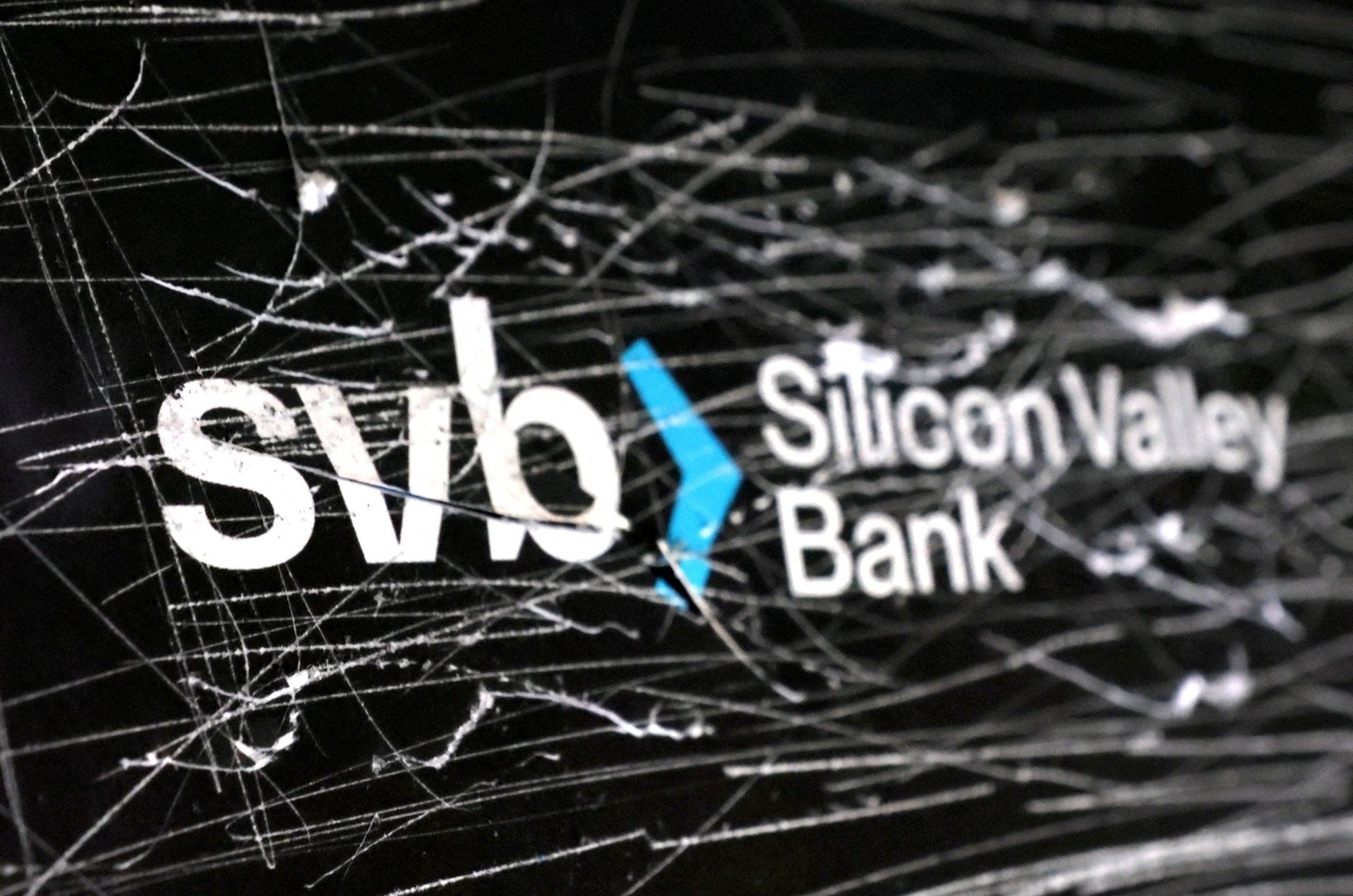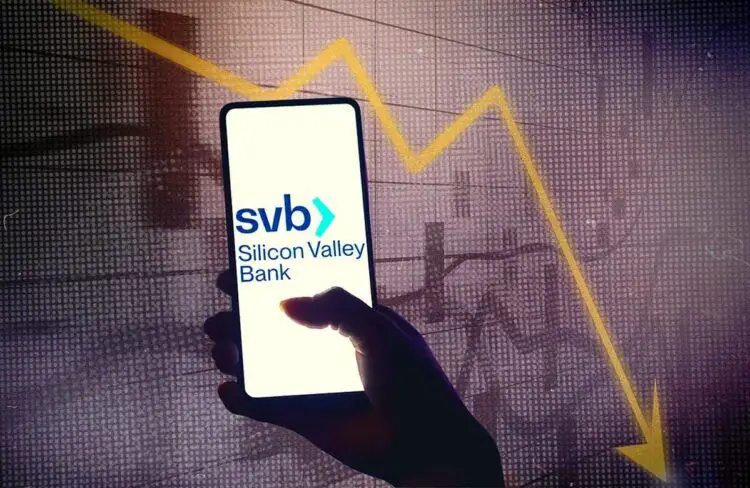The collapse of SVB has put Indian startups in a precarious position, as they need to access their funds to continue operating their businesses. The efforts by Indian banks and fintechs to assist these startups in transferring their funds to GIFT City branches are a welcome move that will help these startups to continue their operations without undue financial pressure.
Several major Indian banks, including Axis Bank, Kotak Mahindra Bank, ICICI Bank, and HSBC, have formed dedicated teams to help startups transfer their funds from collapsed Silicon Valley Bank (SVB) accounts to their branches in GIFT City, Gujarat. These banks have set up their International Financial Services Center Banking Unit (IBU) in Gandhinagar-based Gujarat International Financial Tech (GIFT) City, which caters to non-residents and foreign entities and enables them to open dollar accounts and deposits.
As Indian startups eagerly await access to their frozen deposits in the failed SVB starting from Monday, March 13, Indian banks have stepped up to offer them the option to park their money into their respective GIFT City branches. Axis Bank, for example, is actively engaging with B2B e-commerce marketplaces, large online car marketplaces, and agri/foodtech spaces, as well as financial sponsors/investors, to help them move their funds to the bank’s GIFT City branch.

Opportunity arising from the crisis
This move is expected to help these startups and open doors for future business engagements with these entities. As many Indian startups and SaaS companies typically park their funds with familiar banks overseas, to bring into India as and when they need it for their business purpose, these banks have seen an opportunity to help those startups that the SVB collapse could have impacted.
In addition to traditional banks, several fintechs like neobank Razorpay, revenue financing startups like GetVantage, Klub, and Recur Club, and cross-border payments solution provider Salt.Pe has also offered solutions to startups that need help with a line of credit to manage expenses. Several VCs have also stepped in to ensure their portfolio startups keep operating in the aftermath of the shutdown.

How did SVB collapse?
The collapse of SVB is not limited to the Silicon Valley startup ecosystem. To understand the cause of the collapse, one must look at interest rates, which have been low since the financial crisis of 2008. This has led to a surge in venture capital and other investments.
The pandemic has further amplified this trend, with the rise of meme stocks, cryptocurrencies, and SPACs. This was due to the zero percent interest rate policy (ZIRP) implemented by Federal Reserve Chair Jerome Powell. However, the impact of ZIRP was not limited to the broader market. Banks specializing in startups, such as SVB, saw an increase in deposits due to the high number of IPOs, SPACs, and VC investments. This resulted in a decrease in the demand for loans, which is a significant problem for banks as they rely on loans to generate revenue.
To combat this issue, SVB invested in government securities, which provided a steady source of income. However, this also made the bank susceptible to interest rate fluctuations, as explained in more detail by Bloomberg’s Matt Levine.
What happened next?
The SVB shutdown has largely affected Indian startups with US entities or headquarters, including multiple businesses in the software-as-a-service (SaaS) space, and those that have been a part of the startup accelerator programme, Y Combinator. The California-based Silicon Valley Bank, the 16th largest bank in the United States, was closed on Friday by the California Department of Financial Protection and Innovation, which later appointed the Federal Deposit Insurance Corporation (FDIC) as its receiver.

Even as the US government scrambles to find a buyer for the bank, SVB’s UK arm was sold to HSBC for £1, the Bank of England and the British government announced Monday morning. As a significant relief to startups, the US administration announced that depositors of the failed bank will have access to their money from March 13. “No losses associated with the resolution of the Silicon Valley Bank (SVB) will be borne by the taxpayer,” said a joint statement issued by the Department of the Treasury, Federal Reserve, and FDIC.





